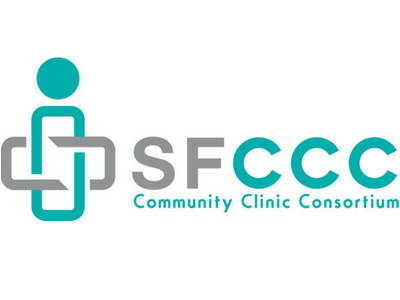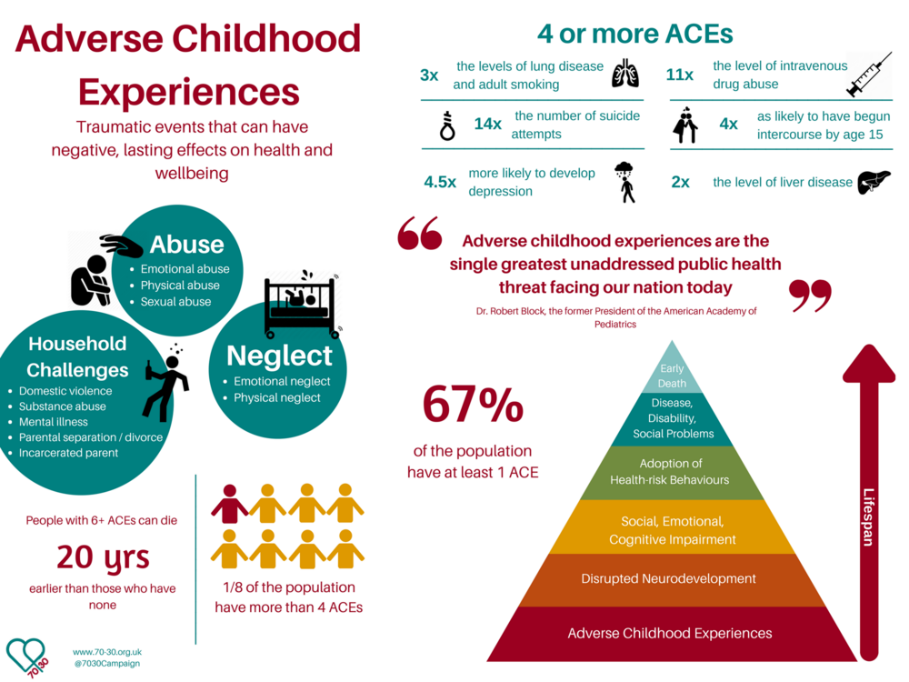Adverse Childhood Experiences
Each week, our NHC-SF AmeriCorps members will blog about their 2019-2020 year of service. NHC members will gain invaluable experience while supporting the health care safety net by serving at host sites such as community health centers and Department of Public Health sites to provide health education and care to vulnerable and underserved SF residents.
Hi everyone, Xochitl here!
This week I am going to be writing about ACE’s. ACE’s stands for Adverse Childhood Experiences. ACE’s is childhood trauma resulting in toxic stress that can harm a child’s developing brain leading to changes in their body’s stress response and immune system, which can cause long term health problems. Recently, I have been collaborating with one of the Department of Public Health Nurses. She introduced me to the topic of ACE’s and the importance that we know how our communities our impacted by ACE’s.
There are three types of stress. First is positive stress. Positive stress are short stressful events that are healthy for brain development. They prepare the brain and body for stressful situations later in life. Second is tolerable stress, which are tragic, unavoidable events like a natural disaster or losing a loved one, and aren’t good for us, but if supportive caregivers are around to buffer the stress response, these events won’t do lasting damage to the brain and body. The third is toxic stress. Toxic stress is ongoing, repeated exposure to abuse or neglect and is bad for brain development. If no supportive adults are present to help buffer the stress response, stress hormones will damage developing structures in the child’s brain. The result is an increased vulnerability to lifelong physical and mental health problems, including addiction.
Interested in learning more about ACE’s and the communities it impacts? You can watch a short here.

